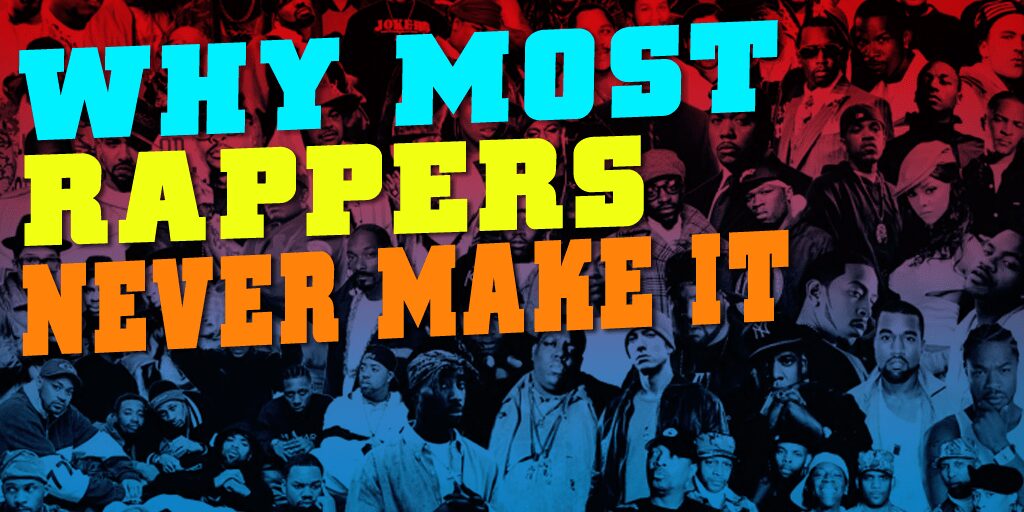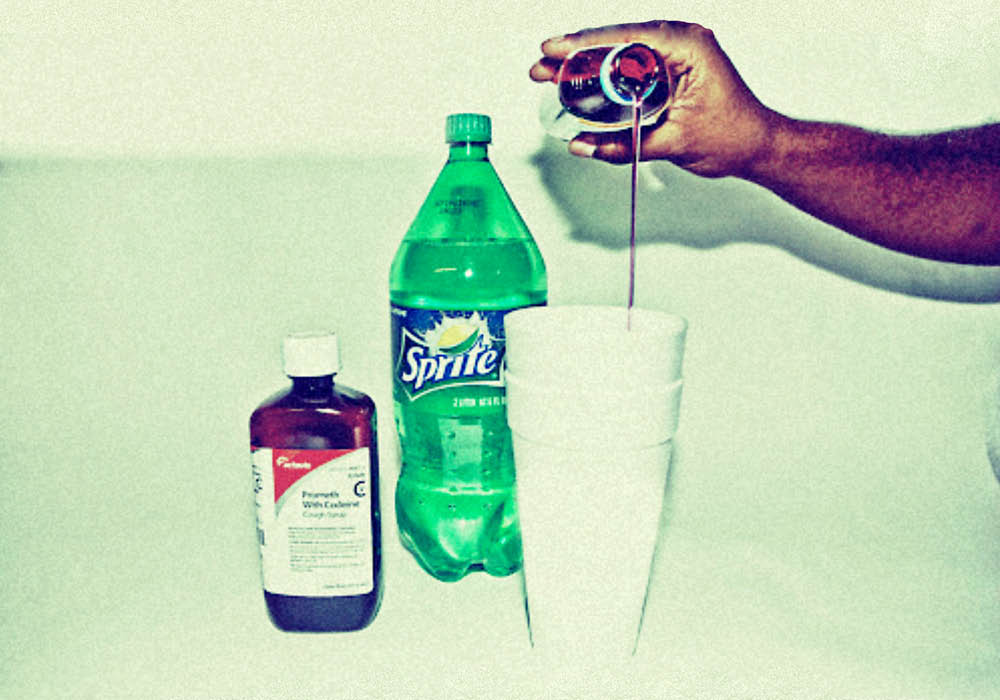Last month, two well-regarded albums dropped from two would-be superstars. Unfortunately, they were posthumous projects. Pop Smoke’s Shoot For The Moon, Aim For The Stars, and Juice WRLD’s Legends Never Die were glimpses of immense potential that won’t be realized after both artist’s tragic deaths. Pop was just 20 years old when he died in February, and Juice had only been 21 for six days when he died of an accidental overdose last December. Their albums join Mac Miller’s Circles and Bankroll Fresh’s In Bankroll We Trust as four too many posthumous rap projects in 2020. Miller tragically passed from an overdose in 2018 at 26, while the 28-year-old Bankroll was fatally shot in 2016.
Mac Miller and Juice WRLD’s albums are pensive internal excavations. Their fans, who saw their struggles through each artist, pulled for them to overcome the qualms they explored through song. It’s difficult to hear certain lines on Circles and Legends Never Die and not ponder how much their pain may have influenced their substance use. It’s also heartbreaking to hear the aspiration in Pop and Bankroll’s final songs while knowing that their upward trajectory was violently, abruptly halted by gun violence.
The popular adage is that posthumous albums offer a sense of closure for listeners. But for those artists and their fans, there’s no such thing as closure—just experiences that end however they end. We’re rarely ready for death, but it’s always ready for us. Posthumous albums do more than entertain or placate fans, they offer fascinating, frightening glimpses of unresolved dreams and nightmares.
Rap offers too many cruel ironies. Hearing Pop Smoke embody the “new 50 Cent” chants by interpolating “Many Men” on album standout “Got It On Me” is palpably eerie. The joke is that “Many Men” will make the biggest square feel like enemy No. 1, but there were indeed people who necessitated Pop being strapped, because they didn’t value his life. And he was set to live an amazing life. Shoot For The Stars is loaded with a range of hits, from the menace of “Got It On Me,” to the raunchy “Mood Swings” and breezy “The Woo” with 50 and Roddy Ricch. With “Got It On Me” and the Tamia and Fabolous-sampling “Something Special,” he revitalized two classic New York City moments, demonstrating his effortless mass appeal, while subtly demonstrating that he was next in the lineage of New York rap icons. He’ll still be an icon, but one whose legacy is felt through murals and memories. He deserved to be more.
The same is true of Bankroll Fresh, a gravelly-voiced, gifted rapper who knew what he was good at, and stuck to it with workmanlike efficiency on projects like Street Motivation and Life Of A Hotboy. He’s had three posthumous projects since his 2016 death, with In Bank We Trust being the latest effort. The first bars of the project epitomize his hustle-hard ethos, as he raps, “I want the fortune motherfuck the fame” and “Can’t go nowhere if you ain’t got no vision” on “Mind Body Soul.”
Bankroll sought to speak to and for the hustlers. The fact that his team is still putting out work four years later indicates that he was working hard toward actualizing his vision. But the reality of his absence is that no matter how locked in you are on your vision, tragedy can strike.
Listening to Juice WRLD and Mac Miller’s last projects generate a different kind of feeling. The two artists spoke for a generation of fans who related to their internal strife. The compounded sadness of their posthumous work is the realization that our existential questions, no matter how profound, may not be answered.

Hulda Hicks was born in Brooklyn, NY in the late ’70s, at the time when Hip-Hop music was just emerging as an art form. Her entire life was influenced by the culture, having grown up in the epicenter of the creative movement.
As a trained musician and vocalist, Hulda got exposed to the industry in her twenties and has worked on projects with iconic figures such as the Chiffons, the Last Poets, and Montell Jordan, to name a few. Her passion for music extended past the stage on to the page when she began to write ad copy and articles as a freelancer for several underground publications.
A written review from “Jubilee Huldafire” is as authentic as it gets, hailing from one creative mind that has a unique voice, on paper and in person.








